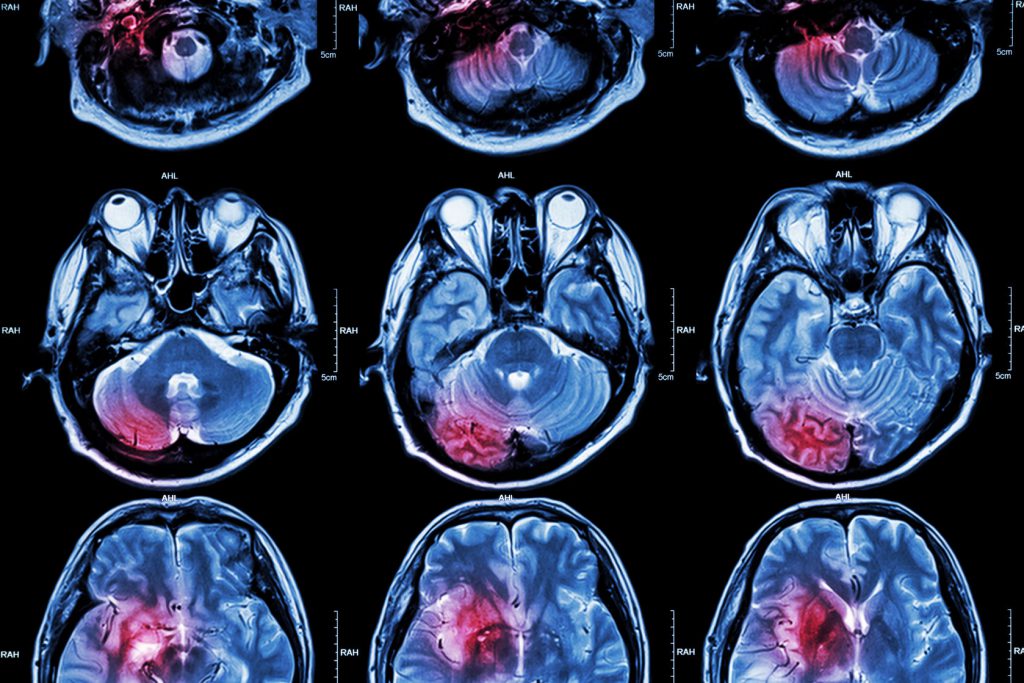A hallmark of Alzheimer’s disease pathology is the accumulation of amyloid-β (Aβ) in the brain, prompting drug developers to focus their efforts on identify compounds capable of blocking this pathway. However, while this class of drugs – known as γ-secretase inhibitors – have been successful at reducing the formation of Aβ plaques, they have largely failed to address the cognitive symptoms of Alzheimer’s disease.
The reasons behind the high attrition rate in Alzheimer’s clinical trials has been elusive, until now. Researchers at Osaka University recently published a study in the journal Cell Reports, which found that some γ-secretase inhibitors may not inhibit the accumulation of Aβ at all. In fact, they found that these compounds may even exacerbate accumulation of Aβ, providing a potential explanation for the high failure rate for clinical compounds in this field.
“Aβ accumulates in the brain at the very early stages of Alzheimer’s disease,” said Dr. Masayasu Okochi, an Associate Professor in the Department of Psychiatry at Osaka University Medical School. “Aβ generation is based on the activity of presenilin/γ-secretase which mediates the cellular production of Aβ.”
Semagacestat – originally developed by Eli Lilly – is a notable γ-secretase inhibitor which showed promising results in preclinical research for Alzheimer’s disease. However, Eli Lilly ceased development of the drug in 2011 after two Phase III clinical trials found that semagacestat was associated with poorer cognitive and functional outcomes in Alzheimer’s patients, compared with the placebo.
Using a new method developed by Okochi and team, the researchers were able to measure the intracellular products of γ-secretase. They found that while drugs like semagacestat were able to decrease the amount of secreted Aβ, they did not have an effect on its accumulation inside neurons.
“We found the type of assay gives different results,” said Okochi. “In our assay, we found γ-byproducts in the cell membrane. Semagacestat may prevent release of γ-byproducts from the membrane but not the generation of γ-byproducts.”
In light of their findings, the researchers have dubbed semagacestat as a “pseudo γ-secretase inhibitor.” While the Aβ hypothesis used to explain one potential mechanism behind Alzheimer’s disease has been challenged in recent years, Okochi contends that their study results actually serve to reaffirm the validity of this hypothesis.
“I believe normalization of production and secretion of Aβ by sharpening γ-secretase is the right approach to treating Alzheimer’s disease,” said Okochi. “Our tests suggest that molecularly targeted therapy should be thoroughly checked from all angles before its application to clinical studies. The new function of γ-secretase suggested in this study needs further analysis, which will contribute to the development of truly effective drugs for Alzheimer’s disease and several types of cancer.”












Join or login to leave a comment
JOIN LOGIN